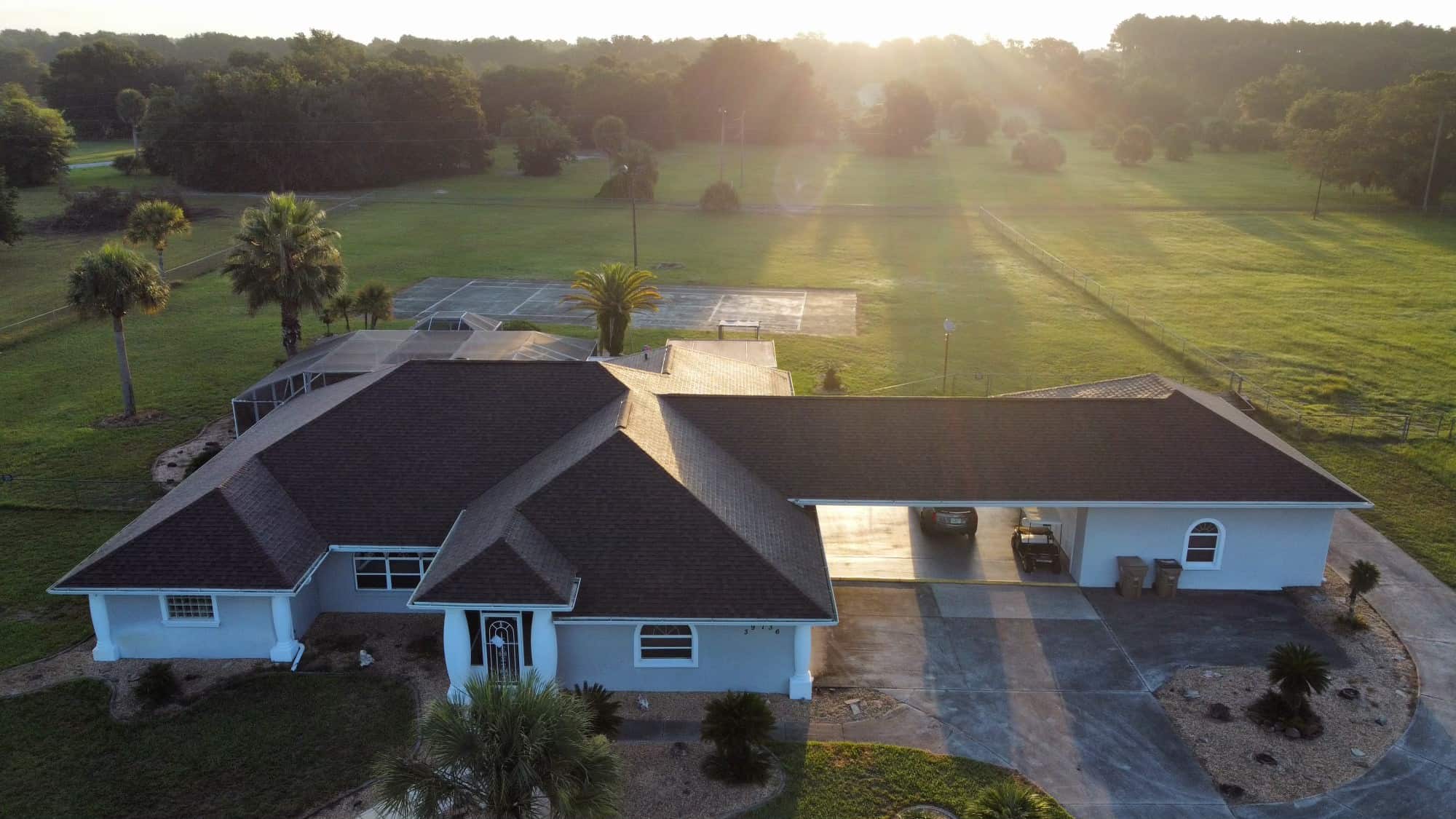Florida’s roof replacement laws have recently undergone significant changes, aimed at ensuring safety, durability, and compliance with modern standards. This blog delves into the intricacies of these new laws, offering homeowners, contractors, and real estate professionals valuable insights. Understanding these regulations is crucial for anyone involved in roofing projects in the Sunshine State.
What Are the New Roof Replacement Laws in Florida?
Florida’s roof replacement laws are designed to address various aspects of roofing, including installation, repair, and replacement standards. The primary focus is on improving the safety and resilience of roofs against harsh weather conditions, particularly hurricanes. Here are some key elements of the new laws:
- Stringent Building Codes: The laws enforce stricter building codes to ensure roofs can withstand high winds and severe weather conditions.
- Inspection Requirements: Regular inspections by certified professionals are mandatory to ensure compliance with the new standards.
- Material Specifications: Specific guidelines on the types of materials that can be used for roofing, emphasizing durability and energy efficiency.
Why Were These Changes Implemented?
The primary motivation behind these changes is to enhance the safety and longevity of roofs in Florida. Given the state’s susceptibility to hurricanes and tropical storms, robust roofing standards are essential. These laws aim to reduce the risk of roof damage, thereby protecting property and saving lives.
Key Features of Florida’s Roof Replacement Laws
1. Building Codes and Compliance
The new laws mandate that all roofing projects comply with the updated Florida Building Code. This code includes specific requirements for materials, installation techniques, and structural support.
- High-Wind Zones: Special provisions for areas prone to high winds.
- Material Quality: Only approved materials that meet specified durability standards can be used.
- Professional Installation: Roofs must be installed by licensed contractors.
2. Regular Inspections
Regular inspections are crucial for maintaining roof integrity and ensuring compliance with the new laws.
- Initial Inspection: A mandatory inspection before any roofing work begins.
- Post-Installation Inspection: Another inspection after the completion of the roofing project to ensure all standards are met.
- Routine Checks: Periodic inspections to monitor the roof’s condition over time.
3. Material Specifications
The laws outline strict guidelines on the materials that can be used for roofing.
- Durability: Materials must be able to withstand extreme weather conditions.
- Energy Efficiency: Emphasis on materials that improve energy efficiency and reduce heat absorption.
- Eco-Friendly Options: Encouragement of sustainable and environmentally friendly roofing materials.
Benefits of the New Roof Replacement Laws
Enhanced Safety
The primary benefit of these laws is enhanced safety for homeowners. By enforcing stricter building codes and material standards, the risk of roof failure during extreme weather events is significantly reduced.
Increased Property Value
Homes with roofs that meet the new standards are likely to see an increase in property value. Prospective buyers are more likely to invest in properties that offer robust protection against natural disasters.
Energy Efficiency
The emphasis on energy-efficient materials helps homeowners save on energy bills. These materials reduce heat absorption, keeping homes cooler in the summer months.
FAQs About Florida’s New Roof Replacement Laws
Q1: Do these laws apply to all types of roofs?
A: Yes, the laws apply to all types of roofing materials and structures, including shingle, metal, flat, and tile roofs.
Q2: How often should roof inspections be conducted?
A: Initial and post-installation inspections are mandatory, followed by periodic inspections every few years or after major weather events.
Q3: What are the penalties for non-compliance?
A: Non-compliance can result in fines, mandatory repairs, or even legal action. It is crucial to follow the guidelines to avoid these penalties.
Q4: Can I use recycled materials for my roof?
A: Yes, as long as the recycled materials meet the durability and efficiency standards outlined in the laws.
Q5: Are there any financial incentives for complying with these laws?
A: Some insurance companies offer lower premiums for homes that meet the new roofing standards, and there may be state or local incentives available.
Conclusion
Florida’s new roof replacement laws represent a significant step forward in ensuring the safety, durability, and efficiency of roofs across the state. By understanding and adhering to these laws, homeowners can protect their investments, enhance their property values, and contribute to a safer community. For more detailed information and guidance, it is advisable to consult with a certified roofing professional.
Get in Touch
For professional roofing services that comply with Florida’s new laws, contact PRS Roofing. Our team of experienced roofers is dedicated to providing high-quality roofing solutions that meet all regulatory standards. Call us today at (800) 750-9198 for a free quote and expert advice on your roofing needs.


